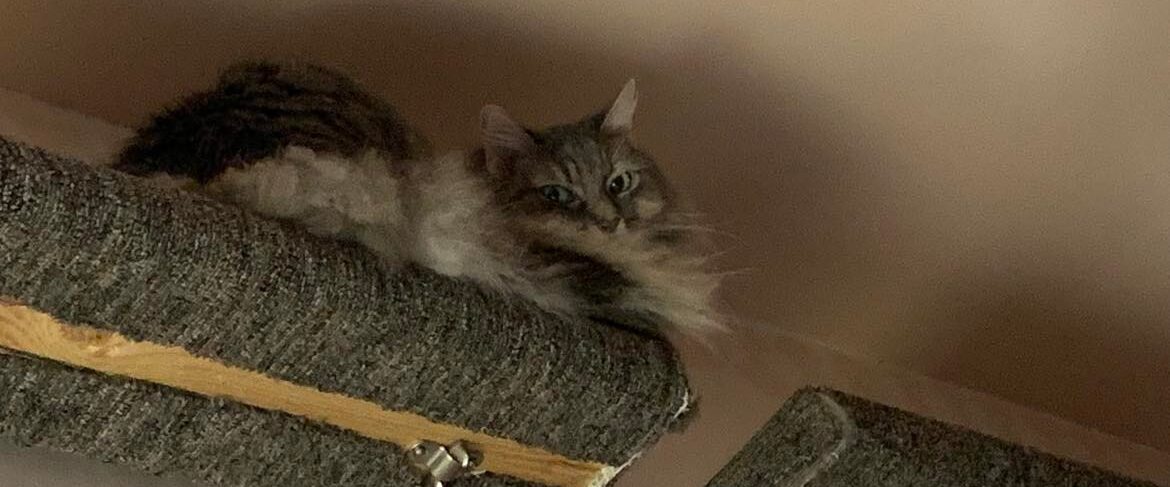It’s early spring, which means the risk for parasites, including fleas, ticks, ear mites, and even heartworms, is rising again. Many cat parents aren’t aware of the risk of heartworms to their cats, but they are a very real threat. Spring and summer are the worst times for heartworms, so it’s important to know how vulnerable your cat is, and how to prevent heartworm disease in cats.
It’s true that heartworm disease in cats is less prevalent than in dogs. Even worse, the signs of heartworms can be very subtle, so you might not know your cat has heartworms until they’re very sick. However, cats with heartworms might cough, have difficulty breathing, and they might vomit. If you see these symptoms together (or even separately, if they’re not already part of a known condition), you should take your cat to the vet.
Heartworm disease in cats is possible even when they’re indoor cats
Heartworm larvae are carried in mosquitoes, which makes even indoor-only cats susceptible. Mosquitoes do get into our houses, and they bite us and our cats. If those mosquitoes are carrying heartworms, and they bite your cat, your cat can become infected with heartworms.
In fact, indoor-only cats are actually more likely to contract heartworms than indoor-outdoor cats. However, the reason for that remains a mystery. Some speculate that cats with regular exposure to mosquitoes have built up an immunity to heartworms. It’s also possible that people with cats that go outdoors are just better at making sure their cats have heartworm protection.
Testing for heartworm disease in cats
Testing is difficult – it can take several female worms for tests for heartworm disease in cats to come back positive. A single worm, especially if it’s male, won’t show up on standard testing.
The odd thing about heartworm disease on cats versus heartworm disease in dogs is that cats’ immune systems often kill off the larvae before they become fully grown worms and cause illness. Another reason that some cats infected with heartworms never get sick is because the worms end up in a location that renders them harmless, more or less.
However, preventing heartworm disease in cats is paramount, because, unlike in dogs, once a cat has heartworms, there is no way to get rid of them. Talk to your vet about heartworm prevention, even if your cat is indoor-only. Prevention is never a bad thing.




